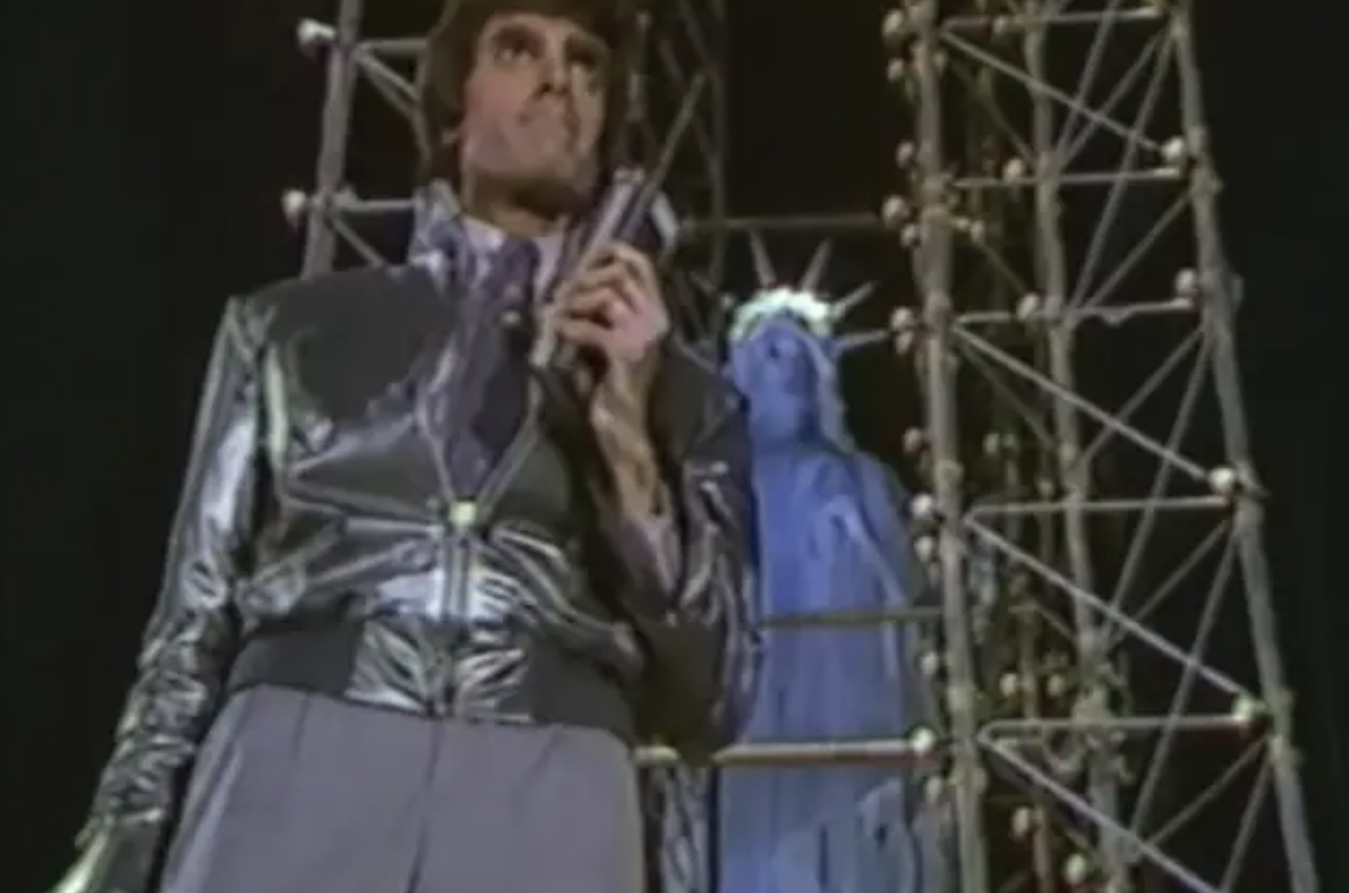Be astonished
Welcome to my June newsletter.
This month’s journal entry is a little longer than usual. Ironically, it’s about how precious our attention is….
So I hope as you pay yours to these 1,000 words over the next 4 minutes, they offer you a worthy return on your investment. I’d love to know.
NEWSLETTER #6 | JUNE 2023
That’s magic!
You give away your age with your reaction to these names: Dynamo, David Blaine, David Copperfield, Paul Daniels - and Debbie McGee of course.
As with musicians, every generation has its magician.
Believe in the impossible
As a kid, I loved magic.
I’d spend hours practicing deceptively simple card tricks in my bedroom. Pre-YouTube, I’d raid the local library for well-thumbed titles like Abercadabra. And occasionally, I’d persuade my mum to take me to Marvin’s Magic stall in Covent Garden to disappear my pocket money on overly complex illusions inevitably involving hankerchiefs, fake flowers and flames.
Ever keen to turn a profit from a pasttime, at 10, I enlisted my mate Paul in a magic act to play at our younger signings birthday parties.
Thus ‘The Whizz Kidz’ was born; and a small number of slightly underwhelming 5th and 6th birthday party appearances ensued, before we had one too many fire-related mishaps, hit 11, started secondary school and swore we’d never speak of The Whizz Kidz again.
Nevertheless, my intrigue in illusion endured.
I loved magic’s ability to transcend reality - to make the impossible seem plausible. And I wanted to be in on the trick - to control the mechanism that sparked amazement in others. But most of all, I wanted the real and the unreal to co-exist - even if just for a moment.
Dynamo’s Ace cannot literally be on fire one moment and in the dude’s pocket the next. Paul Daniels does not actually saw Debbie McGee in half. David Copperfield hasn’t really made the statue of liberty disappear. And yet, in some ways, those things have all happened. For a split second in our collective imagination. That’s the source of the pleasure; we will them to be real because we know they’re not.
And on some level, doesn’t this speak to our deepest optimistic desire? The hope that anything is possible if only we believe it enough?
Watch the hands
I’m talking about magic because aside from our desire to willingly suspend disbelief, it’s success relies on the manipulation of one thing above all else - something I’ve been thinking and writing about a lot this month: attention.
Tricks depend on the magician’s ability to get the audience to look here whilst the trick is happening over there. By the time we’ve regained executive control of our attention, we realise our focus has been pulled, the magic has happened and we’re left to revel in the reveal.
But if magic is an enjoyable manipulation of our attention, there are less productive agents out there (and in here) seeking to capture our consciousness.
Pay attention
We now live in “the attention economy”. The competition is not for our money but for our eyeballs. The saying goes that if you’re not paying for the product you are the product. What masquerades as information is attention seeking in disguise - attention that, once secured, is sold to the highest advertising budget. And a wealth of information creates a poverty of attention.
Meanwhile, we’re getting dangerously good at distracting ourselves. Addicted may not be too strong an adjective to describe our relationship with our diversions. We’re caught between the push and pull of powerful drugs: the cortisol that causes us to uncover the danger lurking in our inboxes; the dopamine that drives us to reap the rewards a ‘quick game’ of fortnite promises; and the serotonin our socials supply, every ‘like’ a step closer to belonging.
And yet, when we do pay attention to something other than a screen - i.e other people - we’re often amateurish or semi-pro at best. To pay attention properly requires mastery of one skill: listening. Novice listeners ignore. Amateur listeners interrupt. Semi-pro listeners wait their turn. Pro listeners hear words. Expert listeners understand meaning. In school we’re taught to read and write. But we’re not taught how to speak. And though we may be told to do it often enough, we’re definitely not taught to listen.
The only scarcity we have in this world
So here is my question: what do the magicians know that the rest of us don’t?
And I think it’s this; that attention is precious.
In fact, some say it is the only scarcity we have in this world.
Yes it can be captured and sold for profit. But it can also be used to amaze. To make the impossible seem real. To listen. To understand.
And if our lives are no more and no less than the accumulated sum of that to which we pay attention, then we can pay it intentionally, carefully and expertly to the things and people that matter to us most.
If we want to motivate ourselves to master our attention, we need to get radical with our solutions - we delude ourselves if we think we can defeat self-distraction with willpower alone.
And if we want what remains of our attention from that which has been harvested by software or sold to the world of work to mean something, we need to become expert payers of attention to other people.
The Poet Mary Coliver wrote: “Pay attention. Be astonished. Tell about it.”
I remember what it was like, at 10, to be astonished and to astonish.
And so herding Mary’s advice, I wrote this newsletter.
Next time paying attention leaves you feeling astonished, I hope you’ll tell about it too.
Inwards, onwards & upwards,
George

